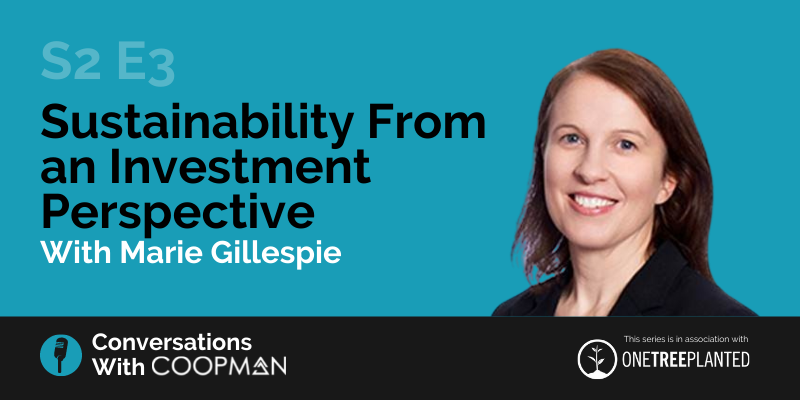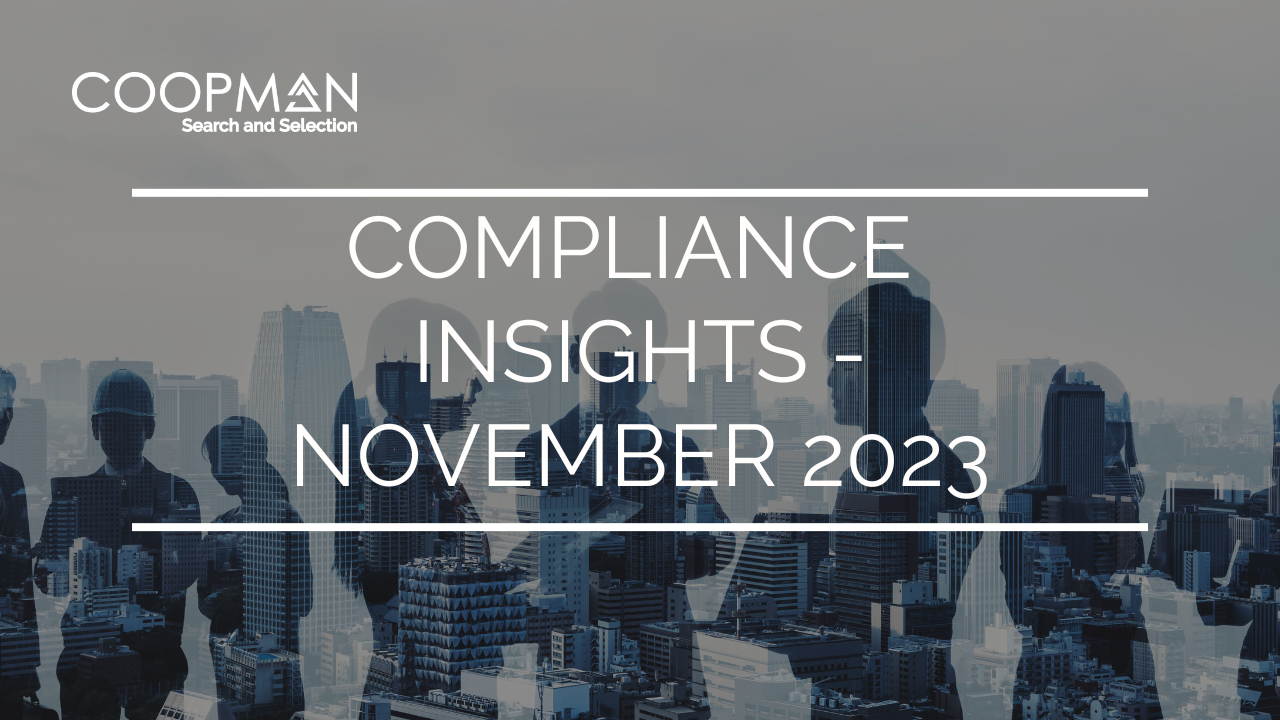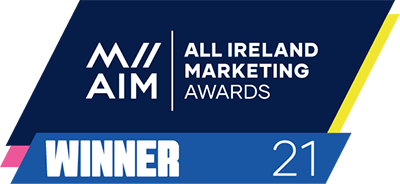We are delighted to launch Series 2 of Conversations With Coopman, Making Sustainability Your Business in association with global non-profit reforestation organisation, One Tree Planted. This series focuses on how businesses across financial services are embedding sustainability into their operations, as well as creating innovative solutions to tackle climate change and to have a positive impact on the environment. In our third episode, Senior Equity Analyst, Marie Gillespie joins co-hosts Andrew Murphy and Mark Fallon to discuss sustainability in the context of investments.
Marie has covered various markets and sectors as both an Equity Analyst and Equity Portfolio Manager over a 20 year period. Marie has a strong interest in sustainable investment and holds the Certificate in Sustainable Investing and Finance (CSIF) and CFA ESG qualifications. She is also a mentor in the CFA Challenge Programme.
In this episode, Marie talks about when she first became aware of the sustainability movement, what is currently driving this agenda, how companies are dealing with arising challenges, and what she anticipates in the future when looking at regulation and consumer demand.
Some of the key discussion points from the conversation with Marie as well as the podcast recording and video are included below. To receive the latest podcast episodes straight to your inbox, sign-up to our podcast mailing list.
WHEN DID MARIE FIRST BECOME AWARE OF SUSTAINABILITY?
Marie was a Fund Manager of Japanese equities at an asset management firm and she became aware of sustainability when the Fukushima Daiichi nuclear disaster happened in 2010. While everyone may remember the incident, what people may not be aware of is that there were 54 nuclear reactors at the time that made up 30% of the total power production in Japan. Therefore when one was rendered inoperable due to the tsunami, other plants were not allowed to restart when it came to their annual inspection as it was deemed unsafe.
As a Fund Manager, Marie then started exploring energy initiatives while at the same time, car companies such as Toyota and Nissan were looking at electric vehicles, Panasonic was looking at battery technologies, and Asahi Kasei was looking at hydrogen technology.
While Marie was becoming aware of sustainability from several angles in a Japanese context, she thought it was a theme similar to the infrastructure being built for the Tokyo Olympics but then when she moved across to the Irish market a few years later, she saw Irish companies addressing sustainability in the same way. Such companies included Kingspan with their insulation products and Smurfit Kappa with their paper technology to reduce the use of plastic, however many companies competed on an international scale and so it was evident, that this wasn’t just a trend in Japan, it was happening globally.
WHAT IS DRIVING THE SUSTAINABLE MOVEMENT?
The change is now coming from so many different angles. Firstly, it is being driven by the consumer, they are starting to realise that it is not just about a recycled coffee cup or driving an electric vehicle, it’s about how people use their money, savings and pensions.
There is also a generational shift going on at the moment whereby younger generations care more about how their money is invested, as well as women who now make up a larger part of the investor base.
At a corporate level, sustainability is used as a hiring and retention tool to attract younger demographics who care about where they work and a company’s sustainability targets. It is also used as a marketing tool as sustainability sells, however there is more and more regulation that ensures companies have to prove they are legit. Finally, it cuts costs for companies as when they become more sustainable, they waste less. This may require initial investment but in the longer term, businesses will save money.
The biggest and final piece of the equation is regulation and this is really driving this agenda. Central banks have recognised that they need to regulate it and therefore banks themselves are looking at the physical risks that may arise from climate change but also the transition risks which take into consideration what will change in the future.
Then at a government level and specifically in Europe, we have the Green Deal meaning that every Member State has to make clear its targets to achieve net zero by 2050. In Ireland’s case, we are setting out a Climate Bill which will be a legally binding requirement to cut carbon emissions with a focus on the agri and transport sectors. On top of this, there is also accounting regulations and sustainable finance disclosure regulations that companies have to abide by.
IS THERE RESISTANCE IN COMPANIES TO THE SUSTAINABILITY AGENDA?
Most companies are saying sustainability is a part of their DNA, however beneath such statements there is bound to be some resistance and typically from an older demographic.
BY ADOPTING A SUSTAINABLE APPROACH, ARE FIRMS HAVING TO FOREGO SHARE PRICE RETURNS?
From an investors perspective, sustainability has been around for a long time, so for example a lot of clients many years ago would have been religious institutions and they didn’t want their money going into tobacco, alcohol or contraception investments. While they didn’t focus much on where the money was being invested, its highlights that the concept has been around for a long time.
There is no evidence to date to show that by adopting sustainability it will negatively impact share returns. There have been many studies done recently to see if people are going to have to give up returns, for example Morgan Stanley who analysed 11,000 mutual funds from 2014-2018 found that there was no financial trade off whatsoever.
As ESG becomes the norm, we won’t see excess returns which is what we have been seeing in the market over the least year or two, but people wont give up returns either.
FOCUSING ON COMPANIES LOCALLY IN IRELAND, WHAT CHANGES ARE HAPPENING IN RELATION TO SUSTAINABILITY?
When Marie started to see sustainability emerging as a theme in Ireland around 3 years ago, she decided to return to education, however due it being in its infancy, there wasn’t really a course available. Marie contacted Andreas Hopner at UCD and ended up doing a 6-month course, part of which she completed a project on Irish equities. Marie sent out a survey to all the listed Irish companies asking basic questions like “are you getting asked about ESG?”, “what do you think of the EU taxonomy?” and “have you been directly impacted by climate change?”.
The results showed that companies knew what ESG was, however when it came to EU taxonomy and climate change, the awareness was not there for a lot of them, particularly with smaller companies.
A year after the initial study, the conversation changed dramatically with companies not only talking about sustainability but disclosing a lot too, as well as appointing people to roles such as Head of Sustainability. It is at the point that if companies do not have slides dedicated to sustainability in their earnings release that people would think “what is going on?”.
It is clear that companies realise now what an important topic sustainability is and how they need to be all over it, however fund managers still need to pay close attention to claims being made by businesses in relation to their sustainability initiatives and strategies.
WHERE IS SUSTAINABILITY GOING OVER THE NEXT 2-5 YEARS?
From a company perspective, some don’t have strong opinions about sustainability and simply hiring a Head of Sustainability is not enough, there is still a long way to go on this journey.
A huge number of companies have realised however that setting targets for net zero wont cut it, that they need to have scope 3 emissions and mid term targets too.
We will also see an increasing amount of disclosures towards science-based targets and when looking at TCFD, there will be an increasing amount of disclosures around it.
In Ireland specifically, there will be an increasing amount of pressure from the Government and the Central Bank on disclosures and companies will also need a lot of help from external parties to analyse large volumes of data to find their scope 3 emissions.
ARE CONSUMERS READY FOR THE SUSTAINABILITY AGENDA AND WHAT ARE SOME OF THE CHALLENGES?
There will be challenges of course, for example consumers are all about going green but when it comes to paying more for petrol, they are not in support of it.
During Finance Week in Ireland, there were some interesting discussions happening around offshore wind and its benefit for Ireland, however there are huge challenges when it comes to planning infrastructure and it is holding things up. We could be a net contributor for wind if we removed these challenges but we will get there in the end, it is just a matter of doing it by 2030.
There is also more infrastructure needed for ports and improved ways to transfer electricity itself.
ARE WE DOING ENOUGH AND ARE WE ON THE RIGHT TRACK WHEN IT COMES TO SUSTAINABILITY?
Like every country, Ireland could be doing more but there is the recognition and acceptance that this is important. For the finance industry, we have a roadmap set out to guide us and develop our knowledge through training and data sharing. However, in terms of products we’re not necessarily there yet, however we can change that.
Take those with pensions for example who think they have no involvement in the stock market, when in fact they do as they can impact where their money is being invested.
A company in the UK called Make My Money Matter suggest that making changes to a person’s pension will have far more impact than choosing how they fly.
A lot of products are still aimed at the older and male demographics and so, developing this is important too.
Listen to “Sustainability From an Investment Perspective With Marie Gillespie” on Spotify, Apple, Google Podcasts or Anchor now, watch it on YouTube, or sign-up to receive the latest podcast episodes straight to your inbox.
If you are interested in taking part in the podcast series, send your details to connect@coopman.ie and we will be in contact soon.








